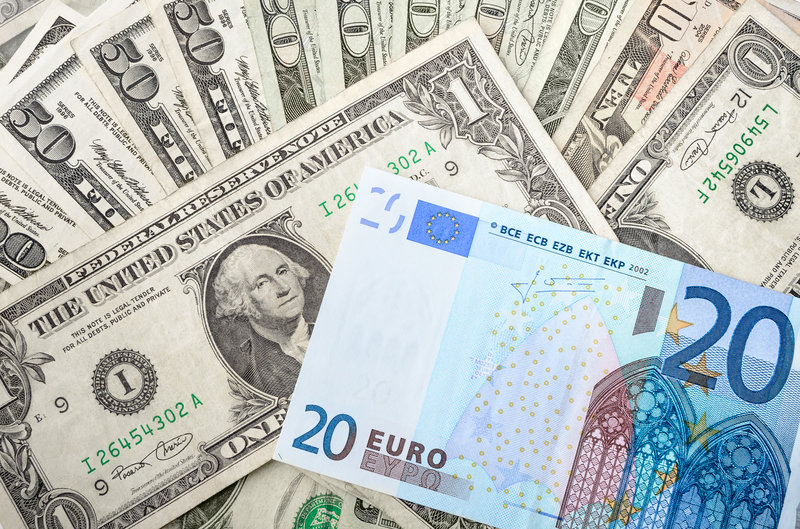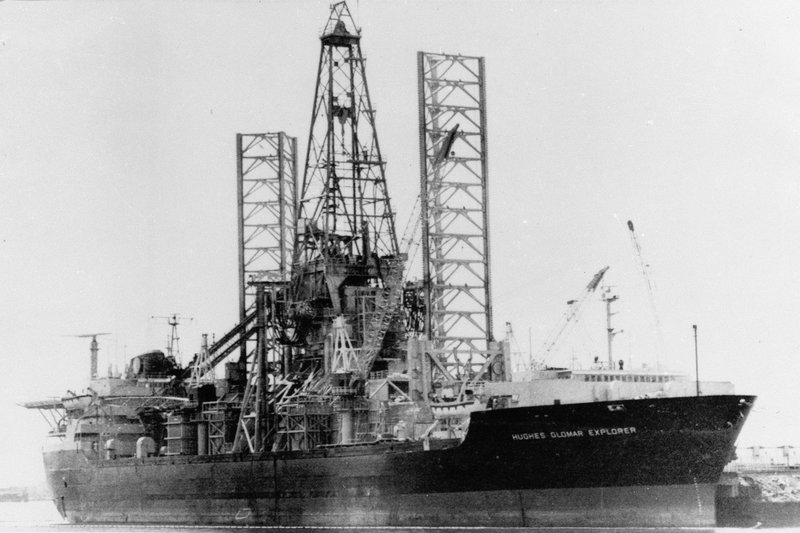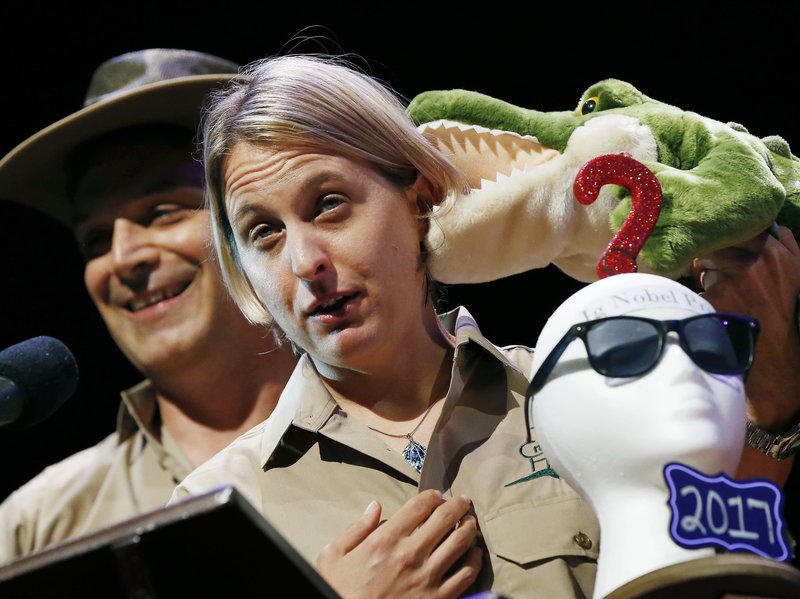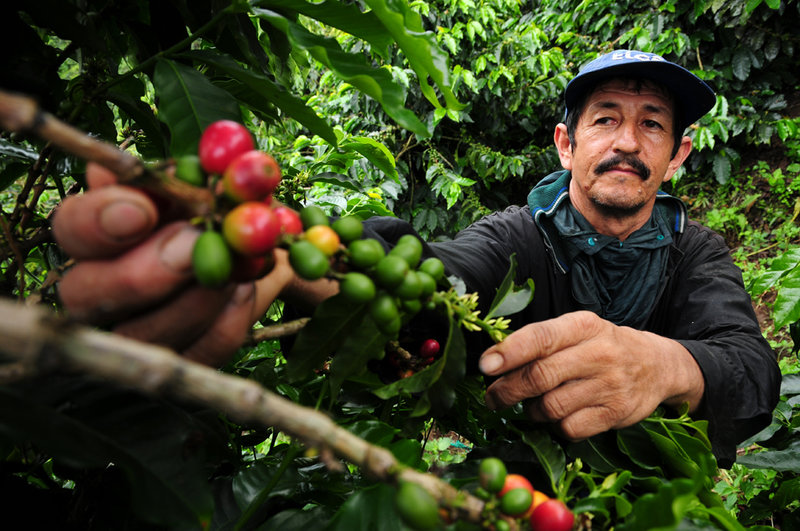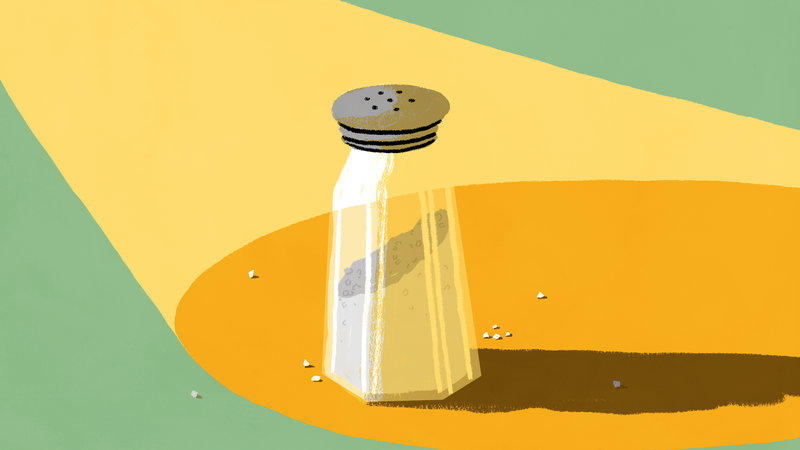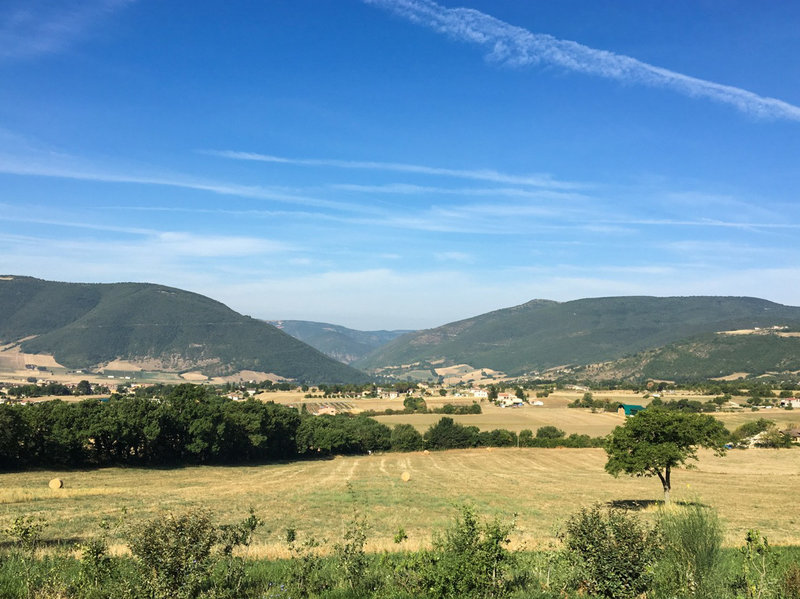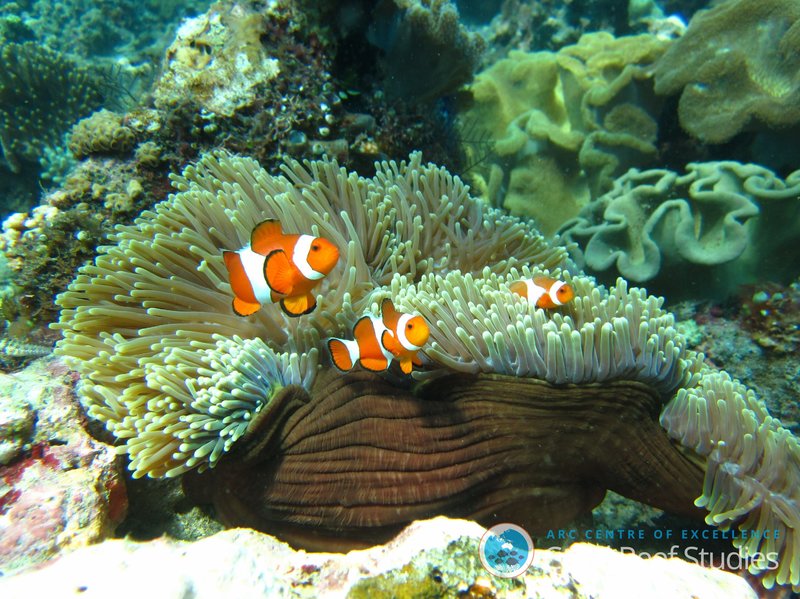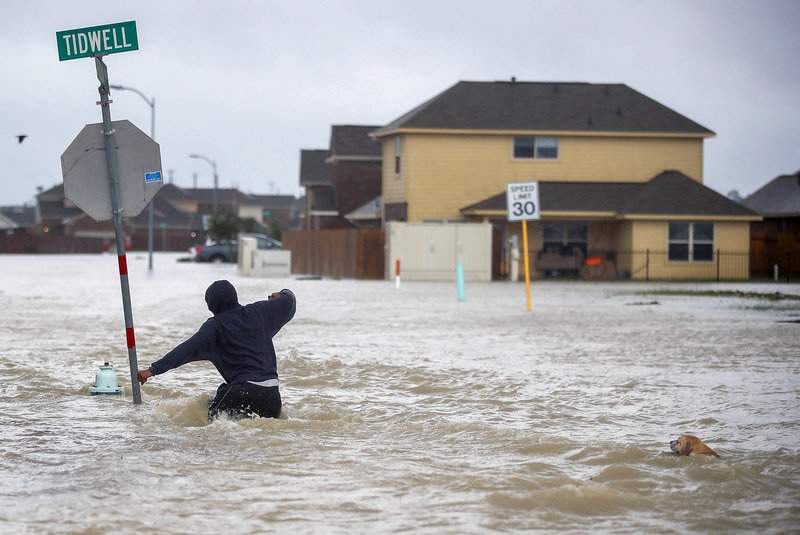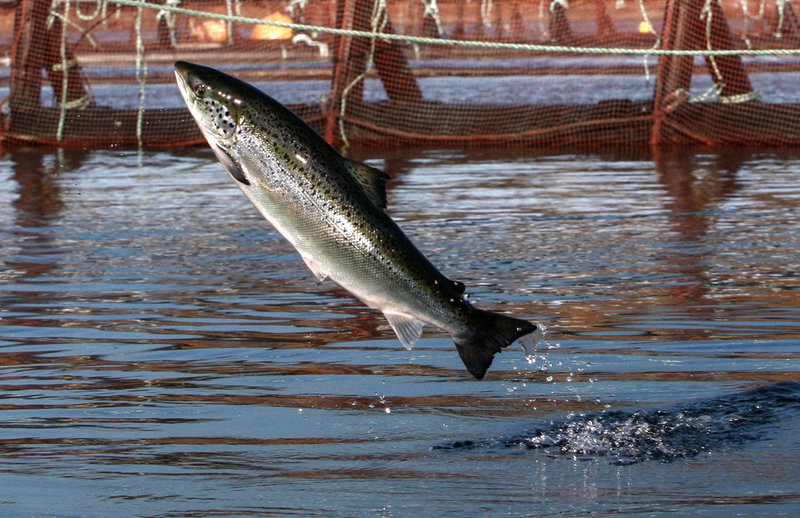 Wednesday, November 29, 2017 at 12:05PM
Wednesday, November 29, 2017 at 12:05PM Gene Therapy Shows Promise For A Growing List Of Diseases
"Eli Wheatley and Christian Guardino are among a growing number of patients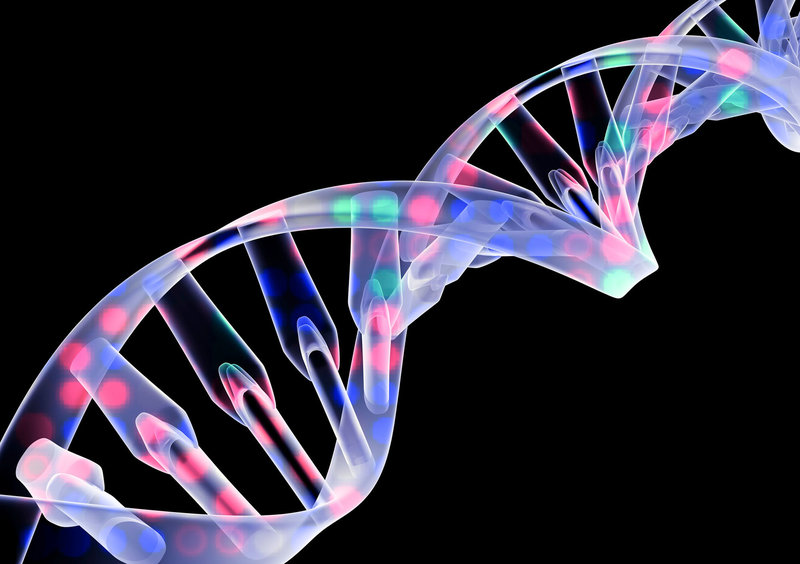 whose lives are apparently being saved or radically improved by gene therapy."
whose lives are apparently being saved or radically improved by gene therapy."
"Wheatley, 3, of Lebanon, Ky., and Guardino, 17, of Patchogue, N.Y., were both diagnosed with what were long thought to be incurable genetic disorders. In the past, Wheatley's condition would have probably killed him before his first birthday. Guardino's would have blinded him early in life."
"But after receiving experimental gene therapies, both seem to be doing fine."
"'It's a very exciting time for the field,' says Carrie Wolinetz, the associate director for science policy at the National Institutes of Health."
"So far, gene therapy has only been tested on a relatively small number of patients who have been followed for relatively short periods of time. Many more patients will have to be studied for longer periods before anyone really knows how well the therapies work, how long the benefits last, and whether the therapies are safe."







